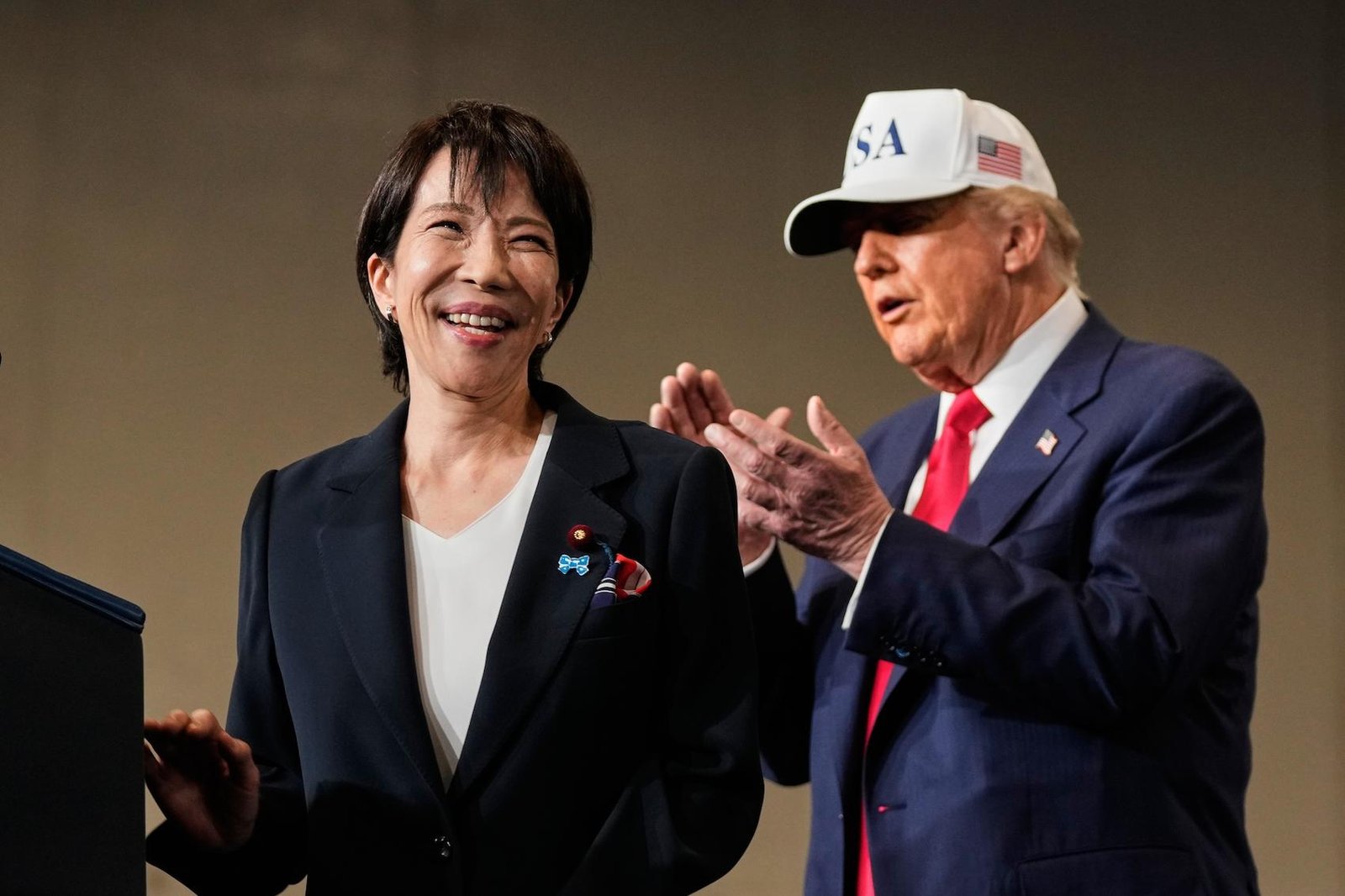We’re living in a time where prices of things (goods and services) are continually going up. This has come to bear after President Bola Tinubu announced the removal of fuel subsidy in 2023.
The incessant price hike in every commodity has prompted many Nigerians who are taking to the streets on 1st August to demonstrate the suffering caused by the policies of the government, which fuel (petrol) is one of them.
Amongst the demands being circulated on social media, reintroduction of fuel subsidy is one of the policies many feel will crash the prices of things at this point.
In his effort to defend the government in which he’s a beneficiary, Andrea Ekeng Inyang, Special Assistant on New Media to Cross River State Governor Bassey Otu, said the reintroduction of fuel subsidy which many Nigerians are calling for won’t reduce the prices of goods and services.
Inyang stated this on Sunday via a Facebook post, saying, “Even if fuel subsidy is re-introduced, the price of goods and services will remain the same way they are. That’s the reality.”
The statement has received a lot of criticism with many asking if Inyang and his masters are bent on making Nigeria poorer.
READ ALSO: Tragic death: Urgent need for antenatal care, support systems for pregnant women
In his effort to defend his statement, Inyang in another Facebook post, said the contributory factor for the current inflation is not only caused by fuel pump price but also by exchange rate which the same government took from about N400 per $1 to currently about N1,600 per $1.
The post read: “The linearity of our collective thought pattern is a significant factor contributing to our nation’s deep-seated troubles. It’s a misconception to think that the price of Premium Motor Spirit (PMS) alone determines the cost of goods and services. In reality, one of the primary determinants for a consumptive economy like ours is the exchange rate, which reflects the actual value of the Naira.
“Currently, the Naira is severely depreciated, exchanging at nearly N1,600 to $1. This devaluation is critical because we produce less than 20% of what we consume, relying heavily on imports. Consequently, as the Naira continues to lose value, the cost of imported goods, including essential food items, will keep rising. This inflationary pressure will persist regardless of fuel prices, even if fuel were sold at N50 per litre.
“The situation is predicted to worsen with the implementation of the new minimum wage. Increased wages without corresponding productivity gains or currency stability will likely lead to higher inflation. This scenario is a textbook case of cost-push inflation, where the increased cost of production (due to higher wages and import prices) leads to higher prices for goods and services.
“In essence, a simplistic focus on fuel prices overlooks the broader economic complexities. A robust approach to economic stability must address currency valuation, production capacity, and structural reforms to reduce dependency on imports. Only by adopting a holistic and multi-faceted strategy can we hope to stabilise the economy and mitigate the adverse effects of inflation.
“For those of you questioning my knowledge of economics, I forgive you because even when we handled basic economics, it was still a complex subject for many, talkless of practical economics.”
CONVERSEER reports that prices of goods and services rise and fall when PMS price rises and falls. This statement is supported by the fact that in times of scarcity of fuel, prices jump up and when it is restored, prices come down. One can attest to that, especially in the transport sector.
Meanwhile, Inyang’s argument that the exchange rate is a major contributing factor since Nigeria depends solely on imports can be term as false as the borders have been closed since the administration of former President Muhammadu Buhari.




